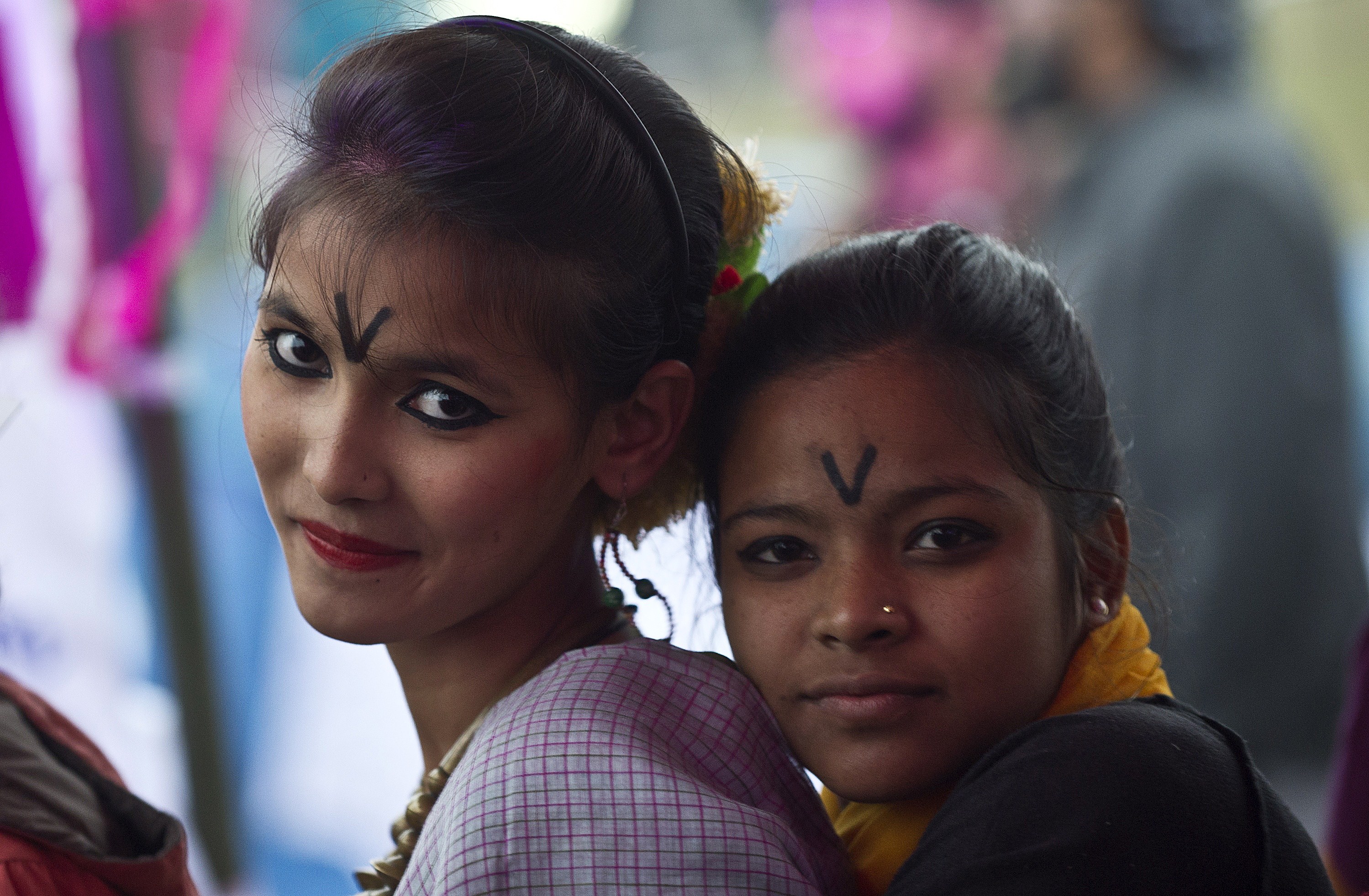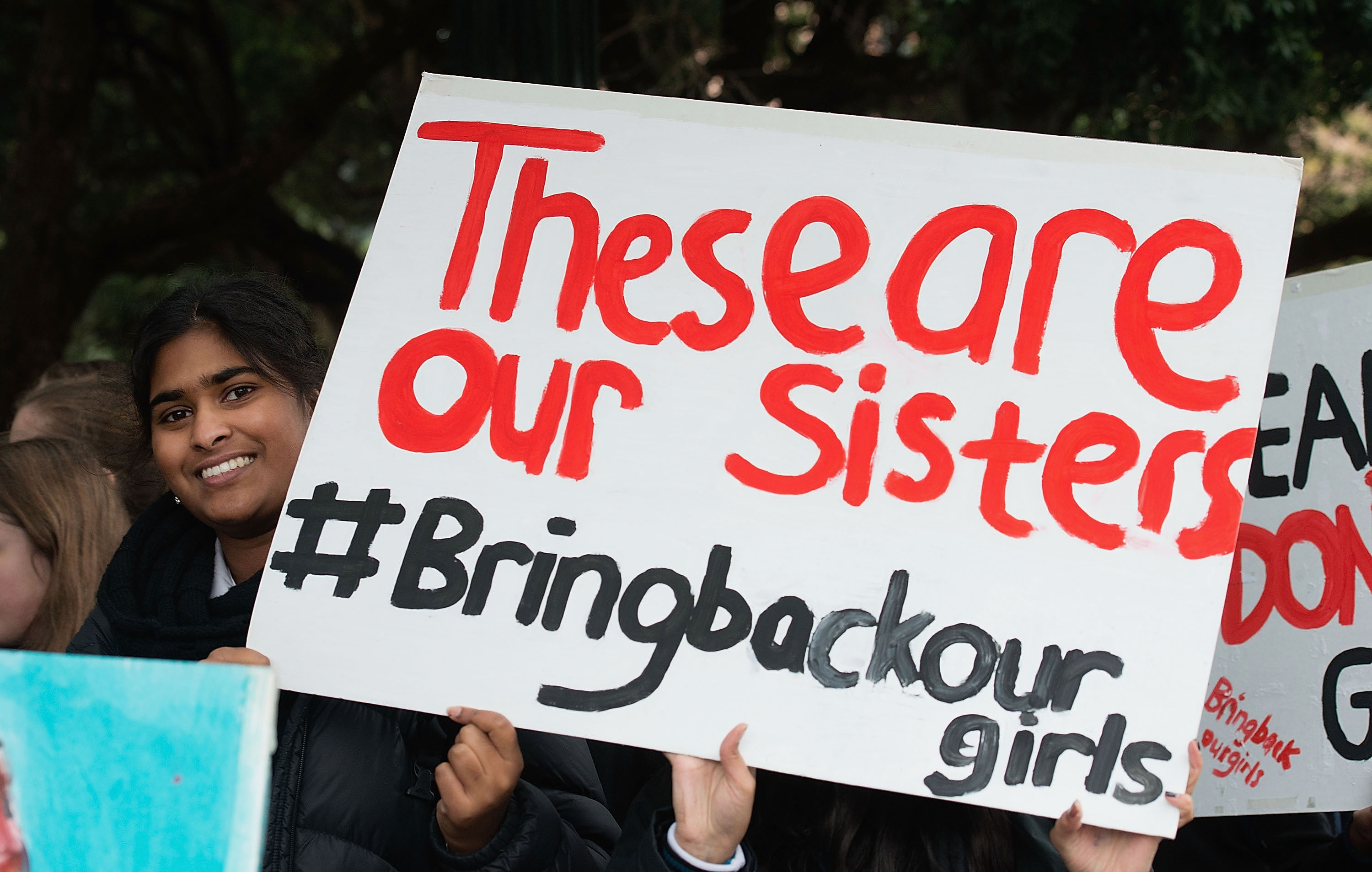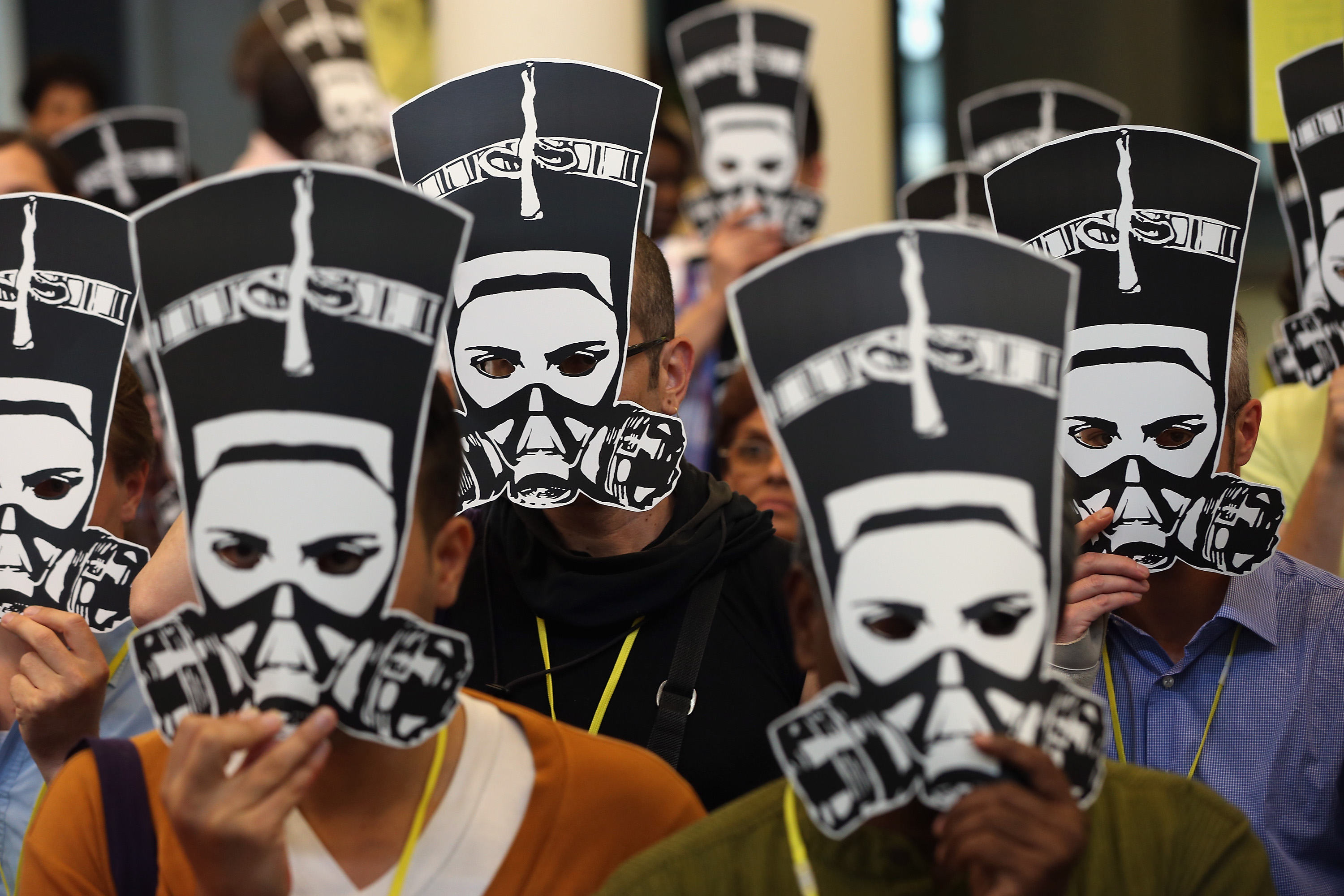
By: Cindy Ko, Ending Violence Against Women Fellow; DC Legislative Coordinator
This Valentine’s Day, show your love for humanity and demand change for women and girls: join Amnesty International and V-Day, a global movement dedicated to ending gender-based violence, for the annual One Billion Rising Revolution campaign to end violence against women and girls. In a world populated with over 7 billion people, one in three women will be physically, sexually, or otherwise abused during her lifetime: that’s a staggering one billion women and girls who have experienced violence.
Through a combination of arts and activism, we seek to rise, release, and dance in solidarity to show our local communities and the world what one billion looks like and highlight the experiences of survivors who are often denied justice.
Yet, ending violence against women and girls should not be limited to an annual event. In the United States, the International Violence Against Women Act (IVAWA) would make ending violence against women and girls a top U.S. diplomatic and foreign assistance priority by permanently integrating gender-based violence prevention and response efforts into all U.S. government programs that operate overseas. Make your voice heard and demand your Members of Congress co-sponsor IVAWA when it is reintroduced in the coming weeks, helping to ensure that women and girls around the world can live lives free from violence.
Gender-based violence is a global epidemic that knows no national or cultural barriers and affects millions of women and girls in peacetime and in conflict. Consider the below two examples:
NIGERIA: Chibok Girls

On April 14, 2014, hundreds of school girls, most between the ages of 15 and 18, were abducted from the Government Girls Secondary School in Chibok in north-eastern Nigeria by the armed group Boko Haram. More than ten months later, it appears that little if any progress has been made to secure the release of the kidnapped girls. Take action to #BringBackOurGirls and demand accountability.
EGYPT: Violence Against Women and Girls

In a 2013 United Nations Women survey, more than 99 percent of women and girls interviewed in Egypt reported that they experienced some form of sexual harassment. Amnesty International’s report released on January 22, 2015 documents how women and girls face violence on a disturbing scale both at home and in public, including domestic violence, sexual mob attacks, and torture in state custody. Egyptian laws and entrenched impunity continue to foster a culture of routine sexual and gender-based violence. Spread the word: Share Amnesty’s new report widely!
This February, send a Valentine to the world and demand change for women and girls: join us for the One Billion Rising Revolution and take action to end violence against women. We must rise together in solidarity to show the world we are ready to break the cycle of violence now!
